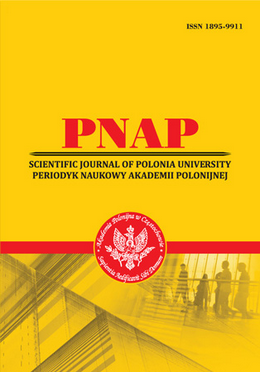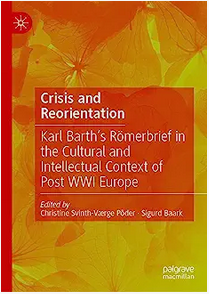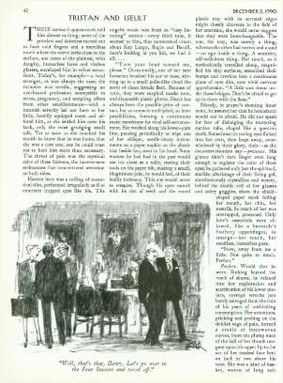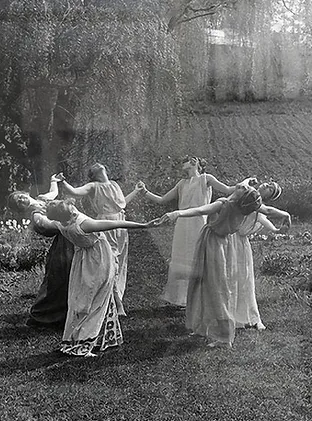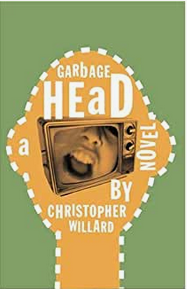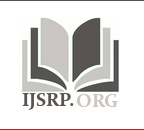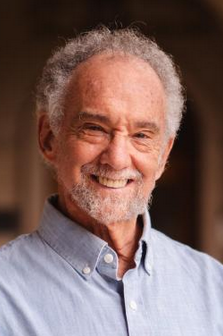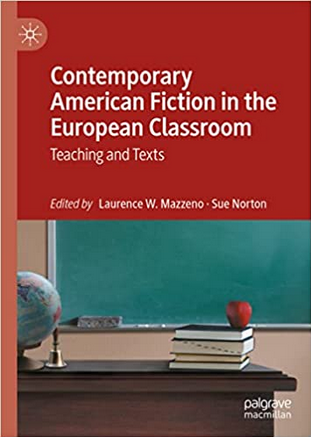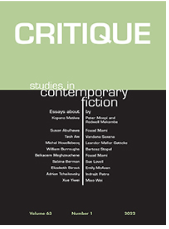PNAP: Scientific Journal of Polonia University in Czestochowa, Poland published an academic article by Olena Bezhan on “The Image of ‘An Ordinary American’ in J. Updike’s Short Stories” in their most recent issue. Bezhan, an associate professor at Odesa National I.I. Mechnikov University in Ukraine, called Updike “a barometer of American sentiment” and focused on the short story “Pigeon Feathers.” Birds, Bezhan wrote, are “an essential element of various mythopoetic traditions” that are “widely represented in symbolism and emblematics. Birds as embodiments of deity play an important role in myths about the creation of the world: the cosmic spirit in the form of a bird or a bird as an assistant to the divine creator, a giant bird as a common image of the Creator.”
“The most famous ‘function’ of the bird is its personification of the human soul. The idea of the soul in the form of a bird is present in ancient cultures, such as Egypt, Greece, China and Siberia, South America, etc. Thus, the bird is a symbol of the soul, and in the Bible it is a dove that arrives with the news that Mary will give birth to the son of God. The fact that the boy has to shoot the pigeons and is forced to experience all these negative emotions, combined with the impressive hunting scene that the reader watches, can-and-should-be interpreted as David being required to part with his soul in order to move into the adult state, but as we see, he cannot get rid of his soul. However, it turns out that killing birds does not help the hero come to terms with the thought of death—the expected mental breakthrough did not occur. Realizing this, we can say that the mystery of death, as well as the desire to live, remain constant categories for the writer, in his opinion, this mystery accompanies a person all his life: ‘with a feminine, slipping sensation along his nerves that seemed to give the air hands, he was robed in this certainty: that the God who had lavished such craft upon these worthless birds would not destroy His whole Creation by refusing to let David live forever’.”

